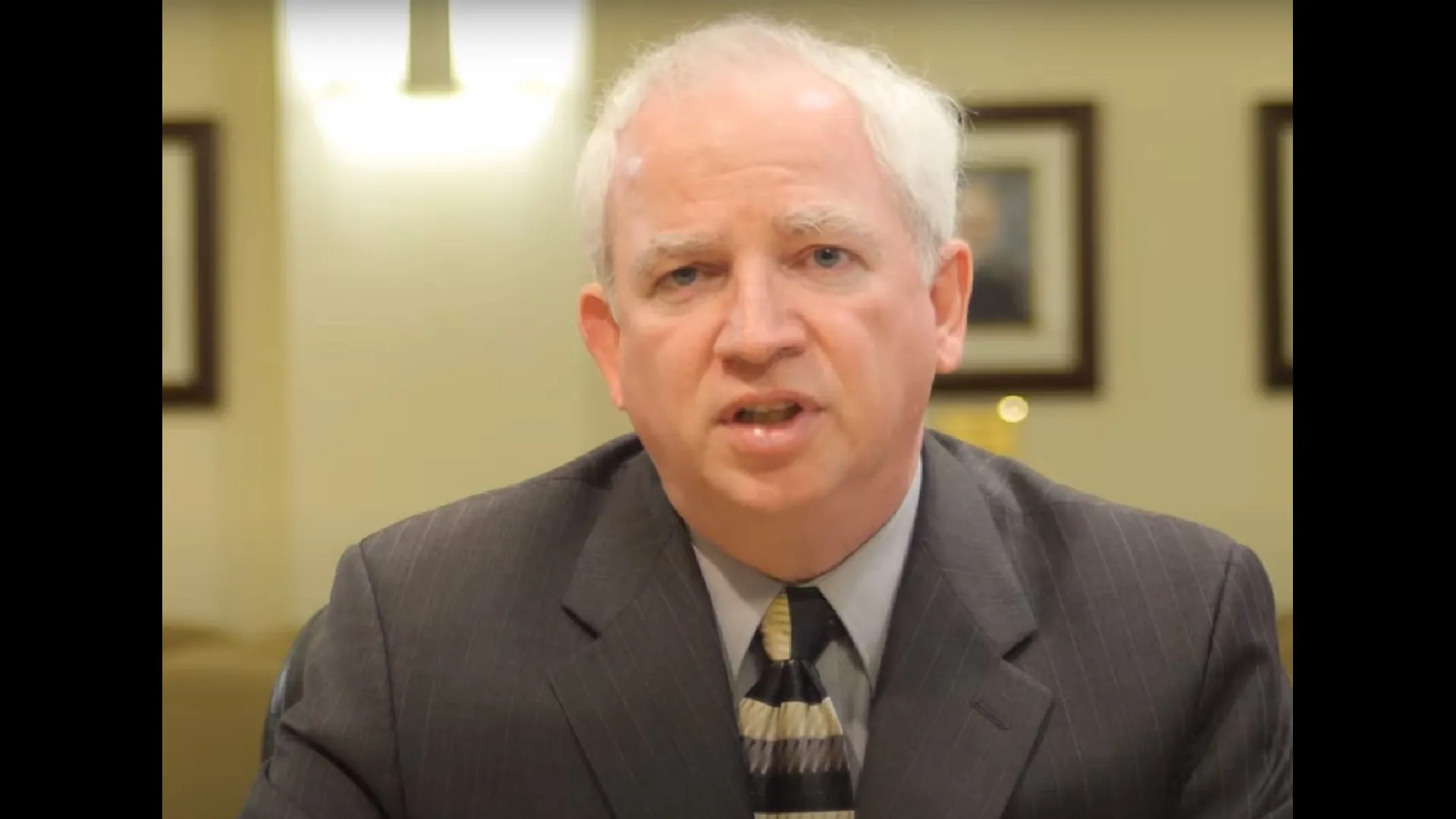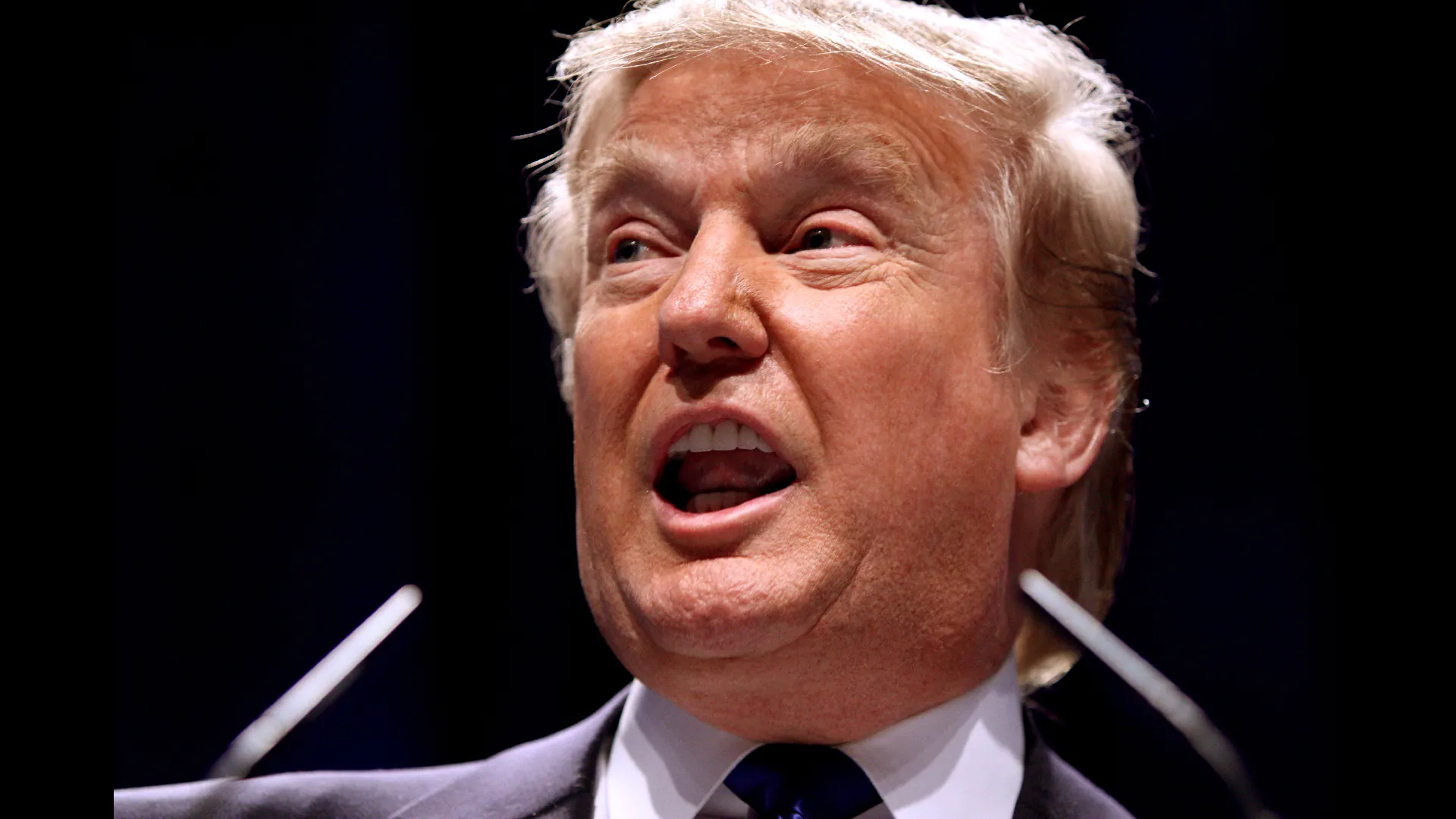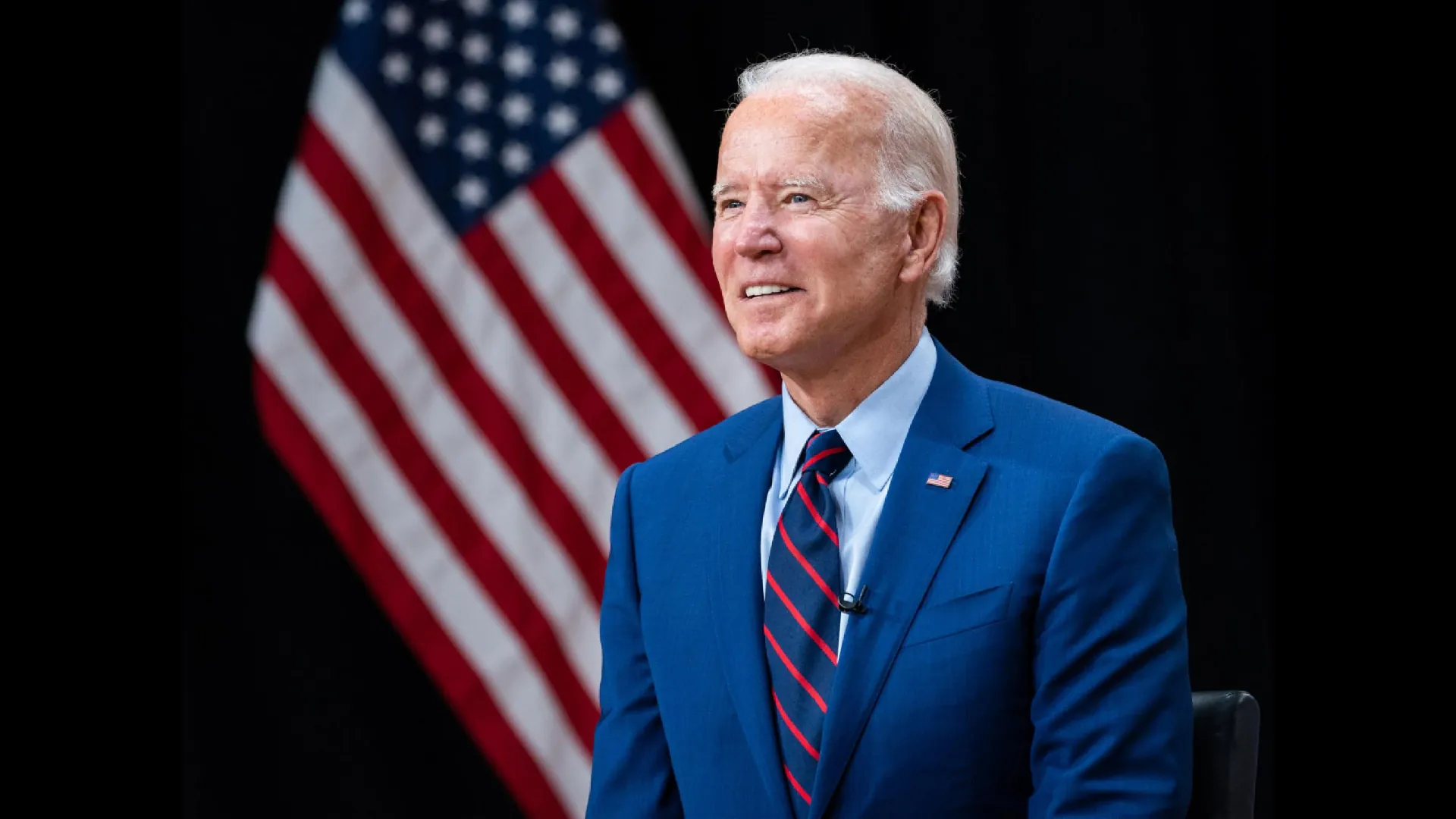Bilateral talks on climate change between US and China.
Republicans Question Biden's Commitment to Protecting U.S. Manufacturers in Climate Talks
August 8, 2023 3:56 PM EDT
- The Gist
- John Kerry, the U.S. special envoy on climate change, arrived in Beijing for talks with his Chinese counterpart Xie Zhenhua.
- Republicans have raised concerns about the Biden administration's approach to climate diplomacy and protecting U.S. manufacturers from low-cost competitors in China.
- Talks between the U.S. and China have historically played a significant role in advancing global climate negotiations.
- The speed of China's transition from coal will be a major topic of conversation during the talks.
- The upcoming bilateral meetings will address critical issues such as reducing methane emissions, limiting coal use, curbing deforestation, and assisting developing nations in tackling climate change.
- The urgency to resume cooperation on climate change is emphasized by recent extreme heat waves experienced in both countries.
The United States and China are set to engage in bilateral meetings to address global warming ahead of the UN-sponsored climate talks in late 2023. The talks will cover crucial issues such as reducing methane emissions, limiting coal use, curbing deforestation, and assisting developing nations in tackling climate change. However, the discussions may also touch upon China's objections to U.S. tariffs and restrictions on imports of Chinese solar panel and battery components. This article examines the significance of these talks and the concerns raised by Republicans regarding the Biden administration's approach to climate diplomacy.


=John Kerry, the U.S. special envoy on climate change, arrived in Beijing for talks with his Chinese counterpart Xie Zhenhua. The primary goal of the trip is to establish stability in the U.S.-China relationship without conceding anything. Kerry's visit is seen as a symbolic trip to restart climate negotiations and mend fractured communications.
Republicans have accused the Biden administration of being too soft on Beijing in climate diplomacy. Concerns have been raised about protecting U.S. manufacturers from low-cost competitors in China, some of whom are suspected of using forced labor.
Talks between the U.S. and China have historically played a significant role in advancing global climate negotiations. China cut off climate talks with the U.S. last year in protest at Nancy Pelosi's visit to Taiwan. The extreme heat waves experienced in China and the U.S. underscore the urgency for the two countries to resume cooperation on climate change.
The speed of China's transition from coal will be a major topic of conversation during the talks. China has pledged to reach peak carbon emissions by 2030 and become carbon neutral by 2060. While China has made significant progress in clean energy installation, it has also continued to build new coal-fired power plants. The expansion of coal poses a challenge for China's climate policy and its ability to achieve emission reductions.
The upcoming bilateral meetings between the United States and China on climate change hold great importance for global efforts to combat global warming. The talks will address critical issues such as reducing methane emissions, limiting coal use, curbing deforestation, and assisting developing nations in tackling climate change. While concerns have been raised by Republicans regarding the Biden administration's approach, historical evidence suggests that U.S.-China talks have played a pivotal role in advancing global climate negotiations. The urgency to resume cooperation on climate change is further emphasized by recent extreme heat waves experienced in both countries. As U.S. Special Envoy John Kerry's visit to Beijing aims to restart climate negotiations and mend fractured communications, the discussions will focus on China's transition from coal and its commitment to emission reductions.
Republicans have accused the Biden administration of being too soft on Beijing in climate diplomacy. Concerns have been raised about protecting U.S. manufacturers from low-cost competitors in China, some of whom are suspected of using forced labor.
Talks between the U.S. and China have historically played a significant role in advancing global climate negotiations. China cut off climate talks with the U.S. last year in protest at Nancy Pelosi's visit to Taiwan. The extreme heat waves experienced in China and the U.S. underscore the urgency for the two countries to resume cooperation on climate change.
The speed of China's transition from coal will be a major topic of conversation during the talks. China has pledged to reach peak carbon emissions by 2030 and become carbon neutral by 2060. While China has made significant progress in clean energy installation, it has also continued to build new coal-fired power plants. The expansion of coal poses a challenge for China's climate policy and its ability to achieve emission reductions.
The upcoming bilateral meetings between the United States and China on climate change hold great importance for global efforts to combat global warming. The talks will address critical issues such as reducing methane emissions, limiting coal use, curbing deforestation, and assisting developing nations in tackling climate change. While concerns have been raised by Republicans regarding the Biden administration's approach, historical evidence suggests that U.S.-China talks have played a pivotal role in advancing global climate negotiations. The urgency to resume cooperation on climate change is further emphasized by recent extreme heat waves experienced in both countries. As U.S. Special Envoy John Kerry's visit to Beijing aims to restart climate negotiations and mend fractured communications, the discussions will focus on China's transition from coal and its commitment to emission reductions.
No, Really?! There's More News:
 President Biden's Use of Aliases Raises Concerns of Corruption and Influence Peddling
President Biden's Use of Aliases Raises Concerns of Corruption and Influence Peddling  Eastman's Legal Team Claims Indictment is Politically Motivated
Eastman's Legal Team Claims Indictment is Politically Motivated  Constitutionality Questioned: Trump Indictment Draws Scrutiny for Violating Rights
Constitutionality Questioned: Trump Indictment Draws Scrutiny for Violating Rights  Lackluster Response: Biden Fails to Address Rising Death Toll in Maui
Lackluster Response: Biden Fails to Address Rising Death Toll in Maui